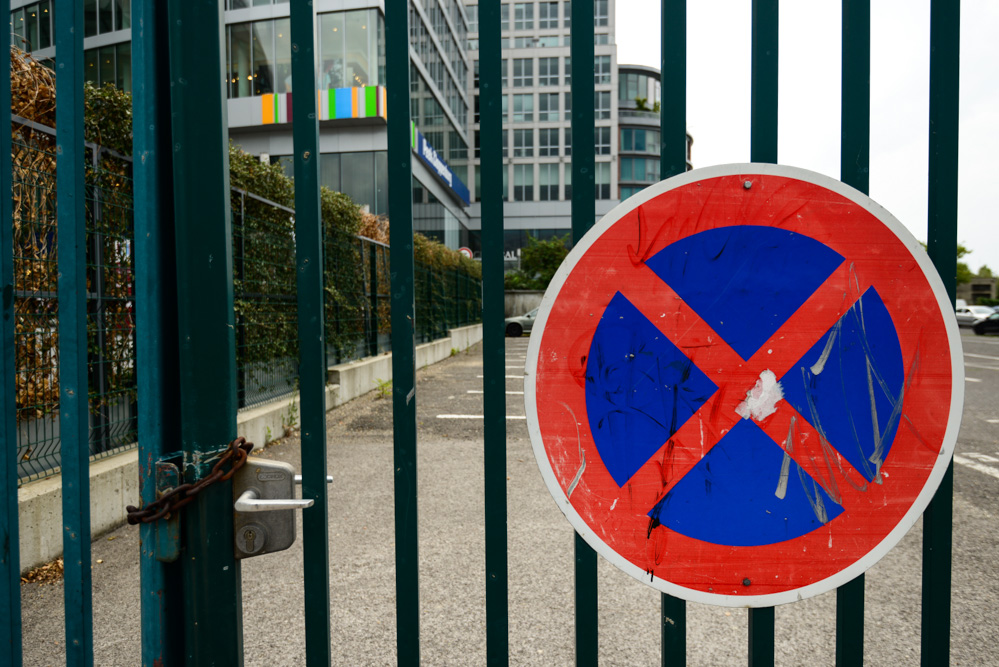Dreyfus Affair: Renewed Calls For Posthumous Promotion

Table of Contents
The Original Dreyfus Affair: A Recap of Injustice
The Dreyfus Affair, unfolding primarily between 1894 and 1906, remains a chilling example of a miscarriage of justice fueled by antisemitism and military cover-ups. Alfred Dreyfus, a Jewish Captain in the French Army, was falsely accused of treason, a crime carrying the death penalty. The accusation, based on flimsy and fabricated evidence, stemmed from a bordereau (a memo) found to contain French military secrets.
- False evidence planted by anti-Semitic officers: Key evidence was manipulated and planted by officers prejudiced against Dreyfus, showcasing a shocking lack of integrity within the French military.
- The role of the French army in covering up the truth: The French army, prioritizing its reputation over justice, actively suppressed evidence that pointed towards Dreyfus's innocence and fabricated evidence to ensure his conviction. This demonstrated a dangerous level of unchecked power within the military establishment.
- Dreyfus's unwavering declaration of innocence: Throughout his ordeal, Dreyfus maintained his innocence, a testament to his character and the injustice he faced. His steadfastness in the face of overwhelming pressure became a symbol of resistance against injustice.
- The public outcry and emergence of Dreyfusards vs. anti-Dreyfusards: The affair deeply divided French society, creating a fierce conflict between Dreyfusards (supporters of Dreyfus) who fought for justice and truth, and anti-Dreyfusards, who often fueled antisemitic sentiments and defended the army's actions. This division reflected broader societal fault lines and revealed the deep-seated prejudice within French society.
The impact of the Dreyfus Affair was seismic. It exposed the pervasiveness of antisemitism within the French military and wider society, highlighting the dangers of unchecked military power and the fragility of justice in the face of political maneuvering and prejudice. The affair became a symbol of the struggle against antisemitism, false accusations, and wrongful convictions, leaving a lasting scar on the French national psyche.
Arguments for Posthumous Promotion
The renewed calls for Captain Dreyfus's posthumous promotion stem from a desire for a final, formal acknowledgment of the egregious injustice he suffered. Supporters argue that this act would:
- Complete exoneration and acknowledgment of the gross miscarriage of justice: A posthumous promotion would serve as an official and unequivocal confirmation of Dreyfus's innocence and the profound injustices he endured.
- Restoration of Dreyfus's honor and reputation, which were severely damaged: The affair irrevocably damaged Dreyfus's reputation and caused immense suffering. A posthumous promotion would be a symbolic act to repair this damage and restore his honor.
- Symbolic recognition of the victims of antisemitism and state-sponsored injustice: The promotion would serve as a powerful symbol of solidarity with victims of antisemitism and all those who have suffered at the hands of state-sponsored injustice.
- A powerful statement against prejudice and for the upholding of justice: The act would send a strong message that antisemitism and other forms of prejudice will not be tolerated, and that justice will ultimately prevail.
Recent campaigns and petitions advocating for Dreyfus's posthumous promotion highlight the continued relevance of this historical event and its lasting impact on the fight for social justice.
Arguments Against Posthumous Promotion
While the arguments for posthumous promotion are compelling, counterarguments also exist. Opponents express concerns that:
- Concerns about reopening old wounds and potentially dividing French society further: Some argue that revisiting the Dreyfus Affair could reignite old tensions and deepen existing societal divisions.
- Arguments that the original injustice has already been addressed through official apologies and recognition: Official apologies and recognitions of the injustice have already taken place, rendering a posthumous promotion redundant or unnecessary in the eyes of some.
- The possibility that a posthumous promotion might overshadow the suffering of other victims of injustice: A focus on Dreyfus's case, some argue, could detract from acknowledging the suffering of other victims of injustice throughout history.
- Debates about the appropriate level of recognition and whether a promotion is the most fitting gesture: Questions exist about the most appropriate form of recognition, with some suggesting alternative methods might be more fitting.
These counter-arguments, while valid, do not negate the fundamental injustice that occurred and the lasting need for reconciliation and symbolic recognition of the wrongdoing.
The Contemporary Relevance of the Dreyfus Affair
The Dreyfus Affair retains its stark relevance in modern society. Its lessons serve as crucial reminders of:
- The fight against antisemitism and other forms of prejudice: The affair stands as a cautionary tale of the dangers of unchecked prejudice and the necessity of actively combating antisemitism and all forms of discrimination.
- The importance of judicial reform and accountability: The case underscores the vital importance of judicial reform and ensuring accountability within all institutions, particularly the military and judicial systems.
- The role of the media and public opinion in shaping justice: The Dreyfus Affair highlights the power of the media and public opinion in shaping perceptions of justice and the need for transparency and objective reporting.
- The dangers of unchecked state power and military influence: The affair serves as a cautionary example of the dangers of unchecked state power and the potential for military influence to undermine justice.
The Dreyfus Affair continues to resonate with current events, from the rise of antisemitism globally to ongoing debates about police brutality and accountability. The fight for "modern justice," "social justice," and "state accountability" directly mirrors the core issues raised by the Dreyfus Affair.
Conclusion
The Dreyfus Affair, a stain on French history, continues to spark debate and calls for justice. The renewed calls for Captain Alfred Dreyfus's posthumous promotion highlight the enduring legacy of this miscarriage of justice and the ongoing need to confront antisemitism and ensure accountability within the military and judicial systems. While arguments exist for and against such a move, the enduring significance of the Dreyfus Affair lies in its potent reminder of the fragility of justice and the persistent fight for truth and reconciliation. Considering the far-reaching impact of this case, the question remains: Is a posthumous promotion for Captain Dreyfus the fitting culmination of this long and complicated chapter, or should a different form of recognition be considered to truly honor his memory and address the lasting consequences of the Dreyfus Affair? Let's continue the conversation about the lasting impact of the Dreyfus Affair and the quest for justice.

Featured Posts
-
 Porsche 956 Tavan Asili Sergi Yoenteminin Teknik Ve Estetik Aciklamalari
May 24, 2025
Porsche 956 Tavan Asili Sergi Yoenteminin Teknik Ve Estetik Aciklamalari
May 24, 2025 -
 Apple Stock Dips Below Key Support Ahead Of Q2 Earnings
May 24, 2025
Apple Stock Dips Below Key Support Ahead Of Q2 Earnings
May 24, 2025 -
 H Nonline Sk Prehlad Prepustani V Najvaecsich Nemeckych Spolocnostiach
May 24, 2025
H Nonline Sk Prehlad Prepustani V Najvaecsich Nemeckych Spolocnostiach
May 24, 2025 -
 What Demna Gvasalia Brings To Gucci
May 24, 2025
What Demna Gvasalia Brings To Gucci
May 24, 2025 -
 Road Closed After Serious Collision One Person Hospitalized
May 24, 2025
Road Closed After Serious Collision One Person Hospitalized
May 24, 2025
Latest Posts
-
 Actress Mia Farrow Demands Trumps Imprisonment Regarding Venezuelan Deportations
May 24, 2025
Actress Mia Farrow Demands Trumps Imprisonment Regarding Venezuelan Deportations
May 24, 2025 -
 Mia Farrows Plea Jail Trump For Deporting Venezuelan Gang Members
May 24, 2025
Mia Farrows Plea Jail Trump For Deporting Venezuelan Gang Members
May 24, 2025 -
 Mia Farrow Calls For Trumps Arrest Over Venezuelan Deportations
May 24, 2025
Mia Farrow Calls For Trumps Arrest Over Venezuelan Deportations
May 24, 2025 -
 Farrows Plea Jail Trump For Handling Of Venezuelan Deportations
May 24, 2025
Farrows Plea Jail Trump For Handling Of Venezuelan Deportations
May 24, 2025 -
 Actress Mia Farrow Trump Should Be Jailed For Venezuelan Deportation Policy
May 24, 2025
Actress Mia Farrow Trump Should Be Jailed For Venezuelan Deportation Policy
May 24, 2025
